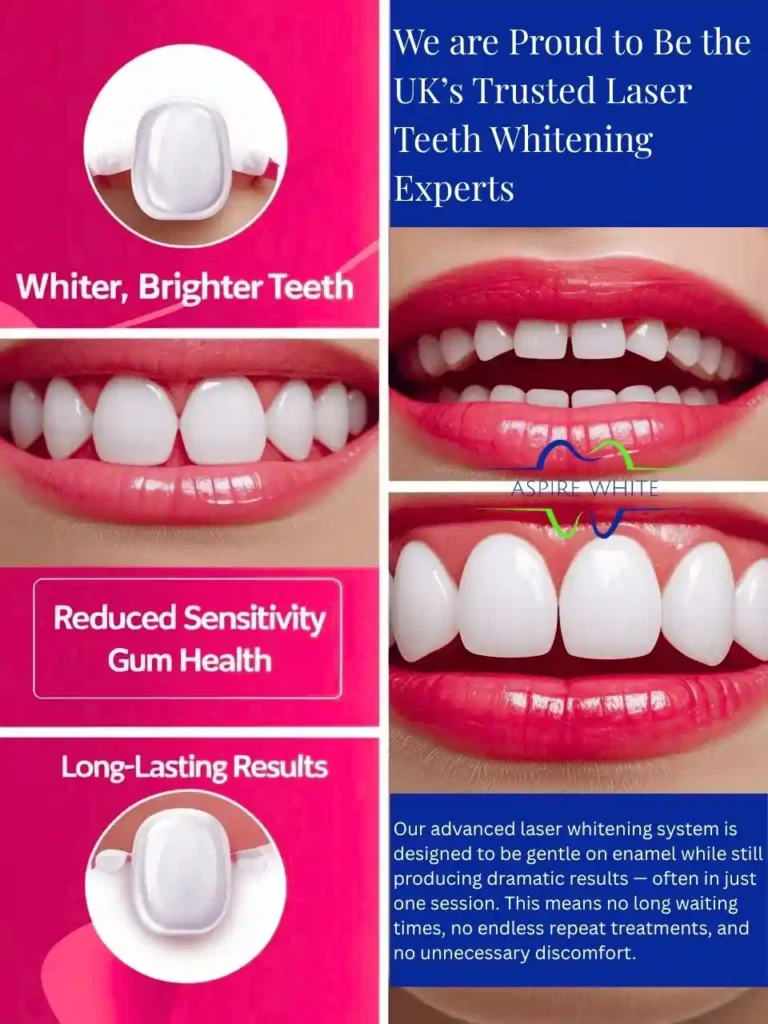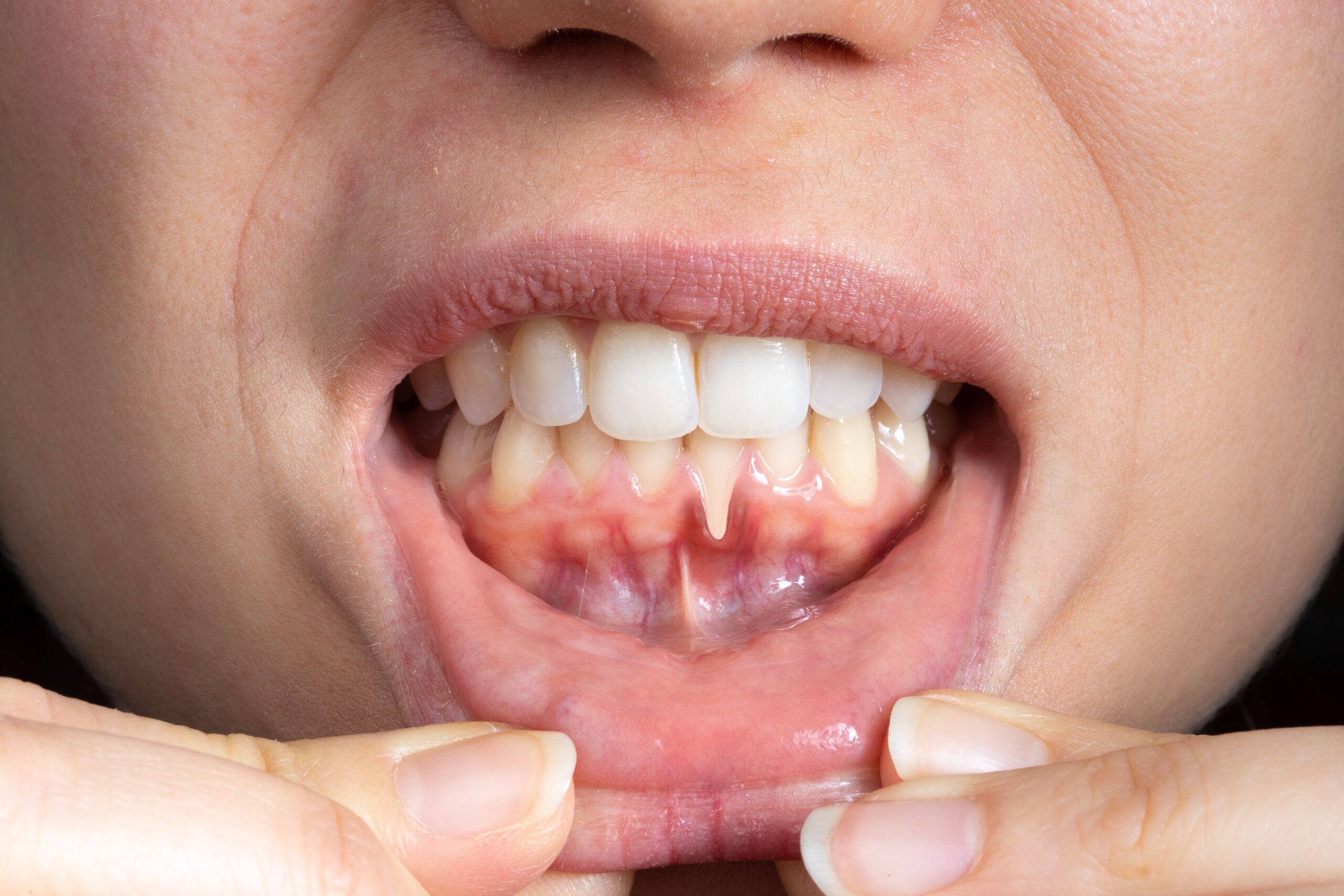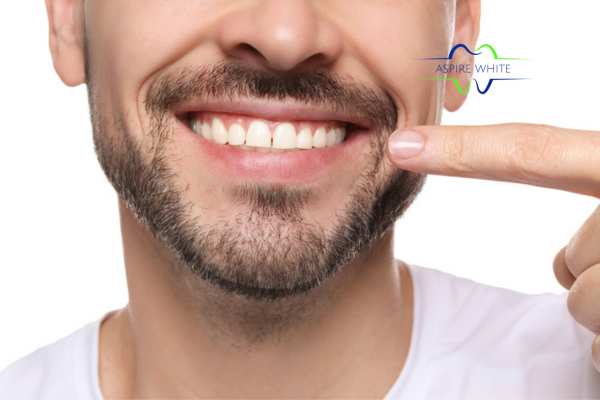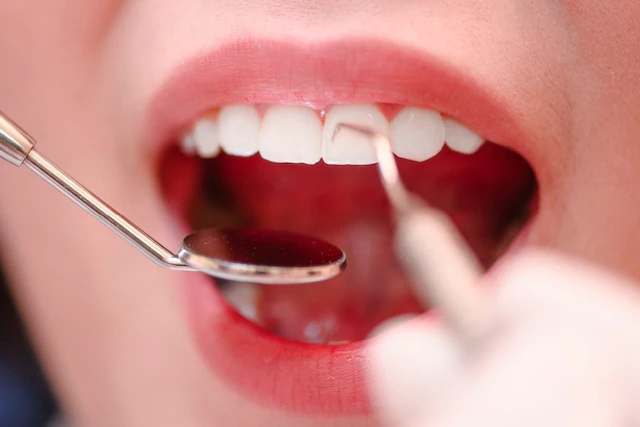If you have receding gums, you’ll know it’s more than just a cosmetic concern—it can mean tooth sensitivity, exposed roots, and even discomfort when brushing.
At Aspire White Plymouth, we understand that you still want to enjoy the confidence of a bright smile, but it’s essential to approach whitening with care.
Laser teeth whitening is highly effective, but when gums have pulled back from the teeth, the roots are more exposed, and they don’t respond to whitening in the same way as enamel. See Here How Smokers Still Achieve a Bright Smile?
This can lead to inconsistent results if not handled correctly. Our at-home laser whitening treatments are designed to be gentle, allowing you to brighten your smile without unnecessary irritation to already sensitive gums.
Ever Worry Whitening Will Hurt Plymouth? What Your Gums Are Trying to Tell You
That little twinge of pain when drinking something cold? It’s your gums sending you a message—they may need a little TLC before you jump into a whitening routine. With gum recession, the protective gum tissue has shifted, leaving parts of your tooth more vulnerable.
At Aspire White Plymouth, we always encourage customers to listen to their mouths—if they experience soreness, tenderness, or visible gum loss, it’s worth addressing it first.
Our at-home system is designed to be low-sensitivity, but being aware of what your gums are telling you will help ensure your whitening experience is both comfortable and practical.
Could Laser Whitening Still Brighten Your Smile Even with Gum Recession?
The short answer is yes—but with a few considerations. Gum recession doesn’t mean you have to give up on whitening entirely; it simply means you need the right approach.
With at-home laser whitening from Aspire White Plymouth, you can achieve a noticeably brighter smile while protecting your gum health.
Because exposed roots don’t whiten like enamel, we adjust expectations and focus on safely lifting stains from the visible parts of your teeth. This gives you an overall whiter appearance without aggravating sensitive areas.
How Does Laser Teeth Whitening Interact with Exposed Roots from Gum Recession Plymouth?
When gums recede, the softer dentine underneath your enamel can become exposed. Unlike enamel, dentine is more porous and doesn’t respond to whitening agents in the same way—meaning those areas might stay slightly darker.
At Aspire White Plymouth, our at-home laser whitening treatments are designed to minimise irritation while targeting the areas that will respond best.
This ensures your smile appears brighter overall, even if the exposed roots retain their natural shade. We guide you on positioning the light and gel so the focus stays on your enamel-rich surfaces.
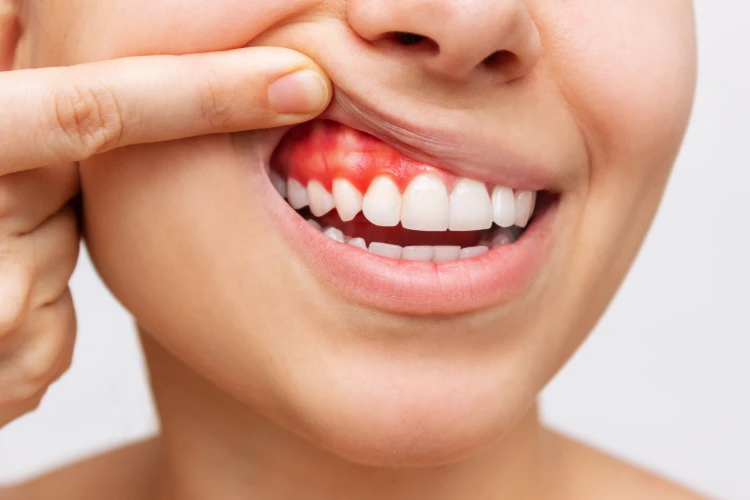
Should You Wait to Whiten Until After Receding Gums Are Treated Plymouth?
If your gums are inflamed, sore, or actively receding, it’s often best to treat that first. Healthy gums form the foundation for any cosmetic treatment, including whitening.
By addressing gum issues before whitening, you’ll help ensure results last longer and protect your comfort.
We always recommend that customers speak to their dentist about gum health before starting our at-home laser whitening programme. That way, you can enjoy your bright new smile without worrying about making sensitivity worse.
What Steps Can You Take to Protect Your Gums Before a Laser Whitening Session?
A bit of preparation can make a big difference in keeping your gums healthy:
- Choose a soft-bristled toothbrush to prevent extra irritation.
- Start using a toothpaste for sensitive teeth about a week before your whitening session.
- Drink plenty of water to keep your gums hydrated.
- Skip strong mouthwashes that can dry out gum tissue.
At Aspire White Plymouth, we’ll also walk you through applying the whitening gel so it stays away from your gumline, helping minimise irritation during your at-home treatment.
Are You Ready for Laser Whitening—Or Are Your Gums Still Healing?
If you’ve just had dental work, gum treatment, or a scaling and polishing session, your gums could still be a bit sensitive. It’s best to wait before whitening, as doing it too soon might cause avoidable discomfort. Check Out The Oral and Mental Health Connection: Enhancing Well-being Through Integrated Care
We recommend waiting until your gums have healed completely before proceeding. Once they’re healthy and free from discomfort, you’ll not only see better whitening results but also enjoy a much more comfortable experience.
Could Investing in Gum Health First Lead to Longer-Lasting Whitening Results?
Absolutely. Healthy gums keep your teeth stable and protect the roots from staining.
If you take the time to improve gum health first—through better oral hygiene, professional cleaning, or gum treatment—you’ll create the perfect foundation for whitening.
At Aspire White, we’ve seen that customers who invest in gum health before starting our at-home laser whitening often enjoy longer-lasting results because their teeth are better protected from new stains.
In short, healthy gums aren’t just good for your mouth; they’re great for your smile’s brightness, too.

